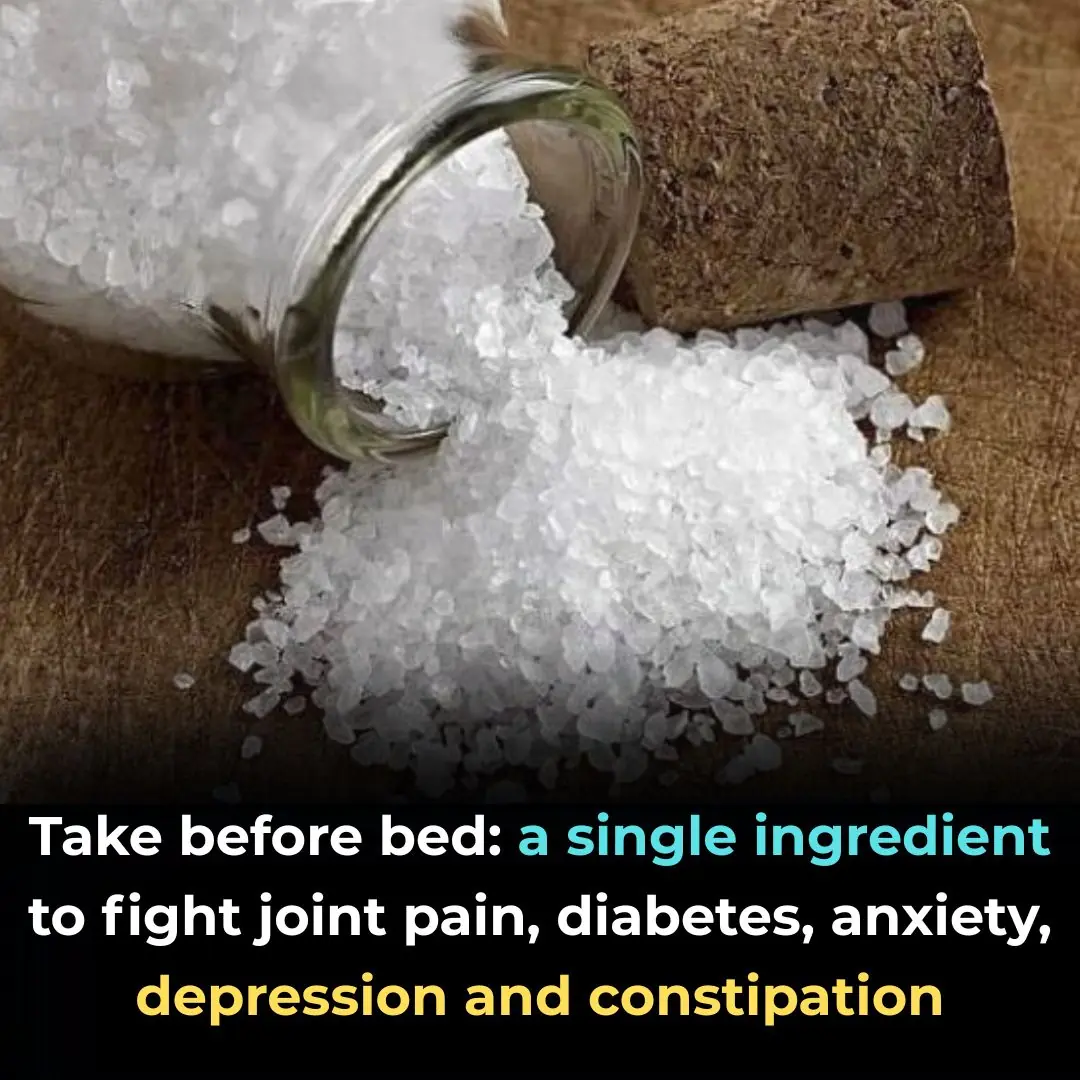
4 powerful remedies to eliminate parasites—#2 will surprise you!
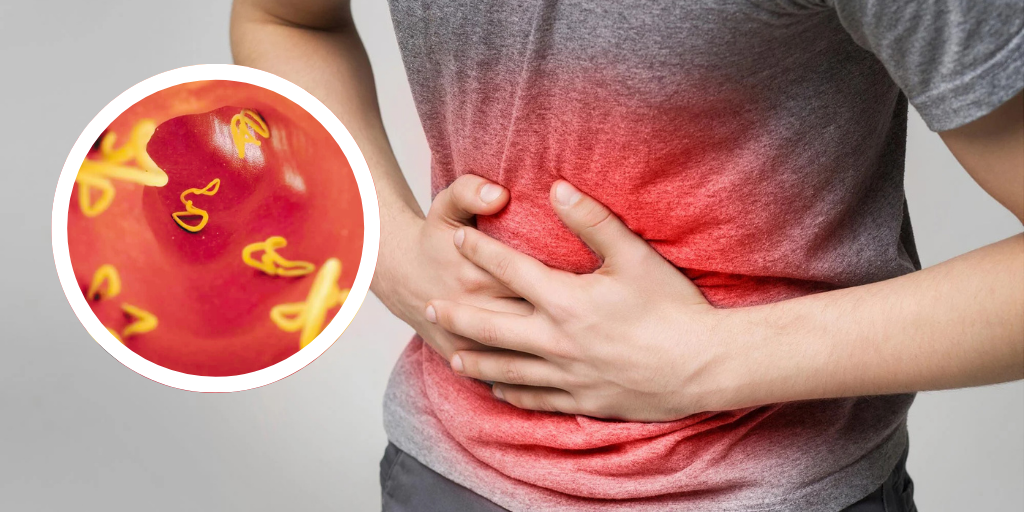
Parasites have plagued humans for thousands of years. Ancient civilizations suffered from mysterious illnesses — stomach pain, weakness, and fever — without knowing that tiny organisms were to blame. Even today, parasites remain a major global health issue, affecting millions of people across both developing and developed countries.
In this article, we’ll explore the most common human parasites, the risks they pose, the warning signs to watch for, and some natural remedies backed by research that may help prevent or manage mild infections.
Because when it comes to parasites, knowledge is your best protection — and nature can sometimes lend a helping hand.
📌 Common Parasites in Humans
Parasites come in many forms — from microscopic protozoa to worms that can reach several feet in length. Let’s look at the ones most commonly found in people and what makes each of them so dangerous.
🪱 Ascaris lumbricoides (Roundworm)
This large intestinal worm is one of the most common human parasites worldwide. They can grow up to a foot long and resemble spaghetti-like strands in the intestines. In heavy infections, they may block the intestines and interfere with the absorption of nutrients. In children, this can cause poor growth, fatigue, and developmental delays.
🧬 Trichuris trichiura (Whipworm)
Whipworms are especially common in areas with poor sanitation. They live in the large intestine and can cause chronic diarrhea, abdominal pain, and rectal bleeding. Over time, their constant blood-sucking can lead to anemia — leaving people pale, weak, and easily tired.
🌍 Hookworms (Necator americanus and Ancylostoma duodenale)
Hookworms live in contaminated soil and can enter the body through bare skin, often through the feet. Once inside, they travel to the intestines and feed on blood, leading to iron-deficiency anemia and fatigue. People often feel weak, dizzy, and lightheaded, especially in regions where barefoot walking is common.
💧 Giardia lamblia
This microscopic parasite isn’t a worm — it’s a protozoan, and one of the most common causes of diarrhea worldwide. It spreads through contaminated water or food and can cause severe gas, cramps, and fatigue. Giardia infections are especially common among travelers and people living in tropical or developing areas.
🦠 Entamoeba histolytica
This amoeba causes amoebic dysentery, a severe infection that leads to bloody diarrhea, abdominal pain, and fever. Without treatment, it can become life-threatening, spreading from the intestines to the liver or other organs.
💦 Cryptosporidium
This parasite spreads through contaminated drinking water and is particularly dangerous for people with weakened immune systems, such as the elderly or those with chronic illnesses. It causes watery diarrhea that can last for weeks.
🪓 Tapeworms (Taenia species)
Tapeworms are flat, ribbon-like worms that can grow several meters long inside the intestines. People usually get them from eating undercooked meat or fish. Some species, like the pork tapeworm, can migrate to the brain — a dangerous condition known as neurocysticercosis, which can cause seizures and headaches.
⚠️ The Hidden Dangers of Parasites
Parasites can quietly drain your health for months or even years before being discovered. Some people may feel only mild discomfort at first, while others develop severe symptoms.
Common signs and complications include:
-
Digestive problems: Diarrhea, stomach pain, bloating, gas, and nausea
-
Nutrient loss: Parasites absorb nutrients from your food, leaving you malnourished and tired
-
Dehydration: Severe diarrhea and vomiting can lead to dangerous fluid loss
-
Anemia: Many worms feed on blood, leading to pale skin, fatigue, and shortness of breath
-
Growth delays in children: Chronic infections can slow physical and mental development
-
Brain and nerve issues: Some parasites (like pork tapeworms) can reach the brain, causing seizures and neurological damage
-
Allergic or immune reactions: The body may overreact to parasite proteins, leading to hives, itching, or even breathing difficulties
-
Pregnancy risks: Toxoplasma gondii, found in cats and undercooked meat, can cause miscarriage or birth defects if contracted during pregnancy
Severe cases of parasitic infection can also lead to intestinal blockages — especially when worms multiply in large numbers — or lung complications if larvae migrate through the respiratory system.
🧩 Key Takeaways
-
Parasites range from microscopic protozoa to long intestinal worms.
-
They can cause digestive distress, nutrient loss, and anemia.
-
In children, parasites can delay growth and cognitive development.
-
Some species can invade the brain or other organs, causing serious illness.
-
Pregnant women should be cautious of toxoplasmosis.
-
Allergic reactions and intestinal blockages can also occur.
🌿 Natural Remedies and Preventive Foods for Parasites
While medical treatment is essential for confirmed or severe infections, several natural foods have been traditionally and scientifically recognized for their anti-parasitic properties. These remedies are most effective for prevention or mild infestations, and they can also help support overall gut health.
🧄 Garlic – Nature’s Parasite Fighter
Garlic is one of the best-known natural remedies for intestinal worms. It contains allicin, ajoene, and diallyl sulfides — compounds that disrupt the metabolism of parasites and prevent them from reproducing.
Studies have shown garlic can be effective against Ascaris, pinworms, tapeworms, and even Giardia lamblia. It also supports immune function and helps fight bacterial and fungal infections.
How to use: Eat one raw clove daily or mix crushed garlic into salads, soups, or warm water with lemon. Regular consumption may help prevent new infections.
🎃 Pumpkin Seeds – Gentle Yet Powerful
Pumpkin seeds contain cucurbitacin, a natural compound that paralyzes worms and helps your body expel them naturally through the digestive system.
Clinical studies have confirmed their usefulness against tapeworms and roundworms. They’re also rich in zinc, magnesium, and healthy fats — all beneficial for immune support.
How to use: Eat a handful (about 1–2 tablespoons) of raw pumpkin seeds daily, or blend them into smoothies or oatmeal.
🥭 Papaya and Papaya Seeds
Papaya fruit and its seeds are rich in papain, an enzyme that breaks down proteins — including those in the bodies of intestinal worms. Studies have shown papaya seed extracts can reduce worm counts in both animals and humans.
How to use: Eat a spoonful of crushed papaya seeds mixed with honey on an empty stomach for a few days. The ripe fruit also aids digestion and adds fiber to the diet.
🍍 Pineapple – The Tropical Cleanser
Pineapple contains bromelain, an enzyme that helps digest proteins and has been studied for its potential to weaken and eliminate certain parasites. It may also soothe inflammation in the digestive tract and improve nutrient absorption.
How to use: Enjoy fresh pineapple several times a week — ideally on an empty stomach for best enzyme activity.
🍃 Other Helpful Herbs and Practices
-
Wormwood (Artemisia absinthium): Traditionally used in herbal medicine to expel intestinal worms.
-
Black walnut hull: Contains juglone, which has demonstrated antiparasitic properties.
-
Probiotics: Support gut health and help restore balance after infections.
-
Hygiene and food safety: Always wash hands, cook meat thoroughly, and drink clean water to prevent reinfection.
💬 Final Thoughts
Parasites may be ancient foes, but they’re still very much a part of modern life — especially in places where hygiene and sanitation are poor. Recognizing the early signs, maintaining a strong immune system, and adopting preventive habits can dramatically reduce your risk.
Natural remedies like garlic, pumpkin seeds, papaya, and pineapple can support your body’s defense against parasites, but they’re not substitutes for medical treatment in serious cases.
If you suspect a parasitic infection, consult a healthcare provider for testing and appropriate medication. Combine professional care with healthy eating, clean living, and awareness — and you’ll give parasites far fewer chances to invade your life.
Because good health begins in the gut — and keeping it parasite-free is one of the smartest steps you can take. 🌿
News in the same category

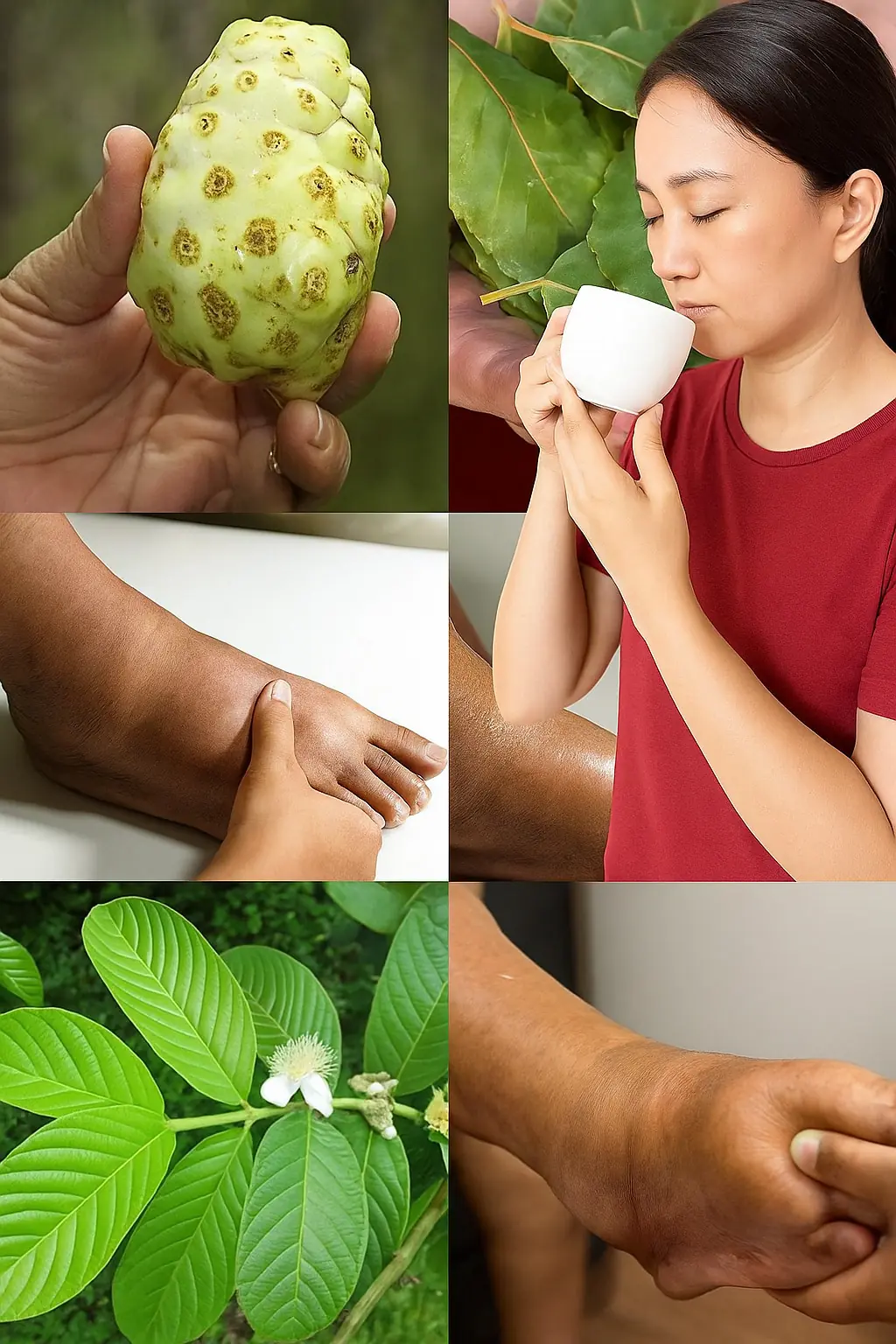
The Ultimate Healing Tonic: A Powerful Natural Drink for Swollen Feet, Diabetes & Poor Circulation

If you suffer from arthritis pain and joint aches, here's what you should know

Reverse diabetes and insulin resistance fast—4 hacks doctors don’t tell you!

Top 7 peripheral neuropathy creams that actually STOP nerve pain fast!
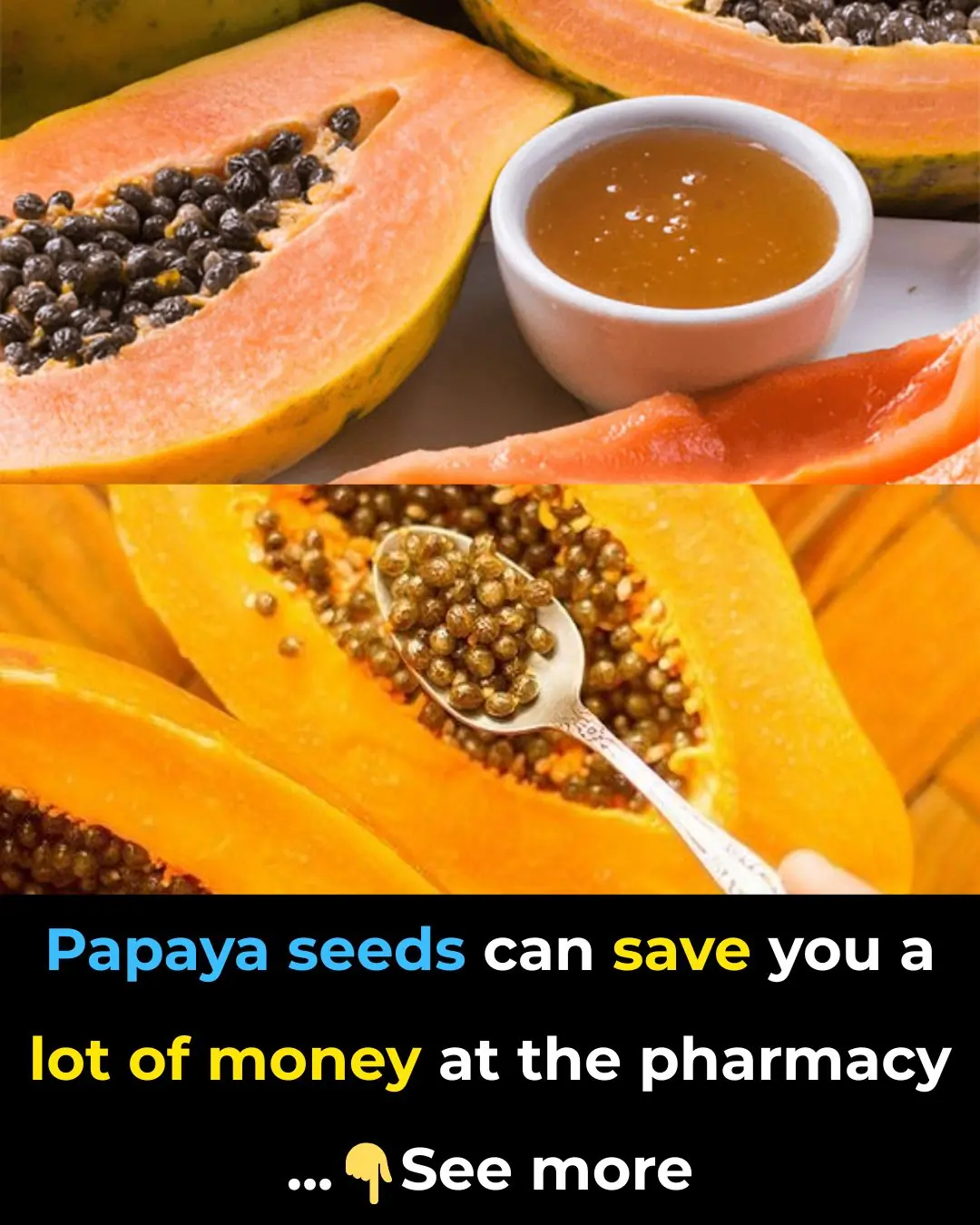
The Real Health Benefits of Papaya Seeds: A Tiny Powerhouse Worth Trying

15 Things That Women Will Always Notice About A Man Over 50

Marathon Runner Diagnosed With Terminal Cancer Warns Against Ignoring Small Symptoms
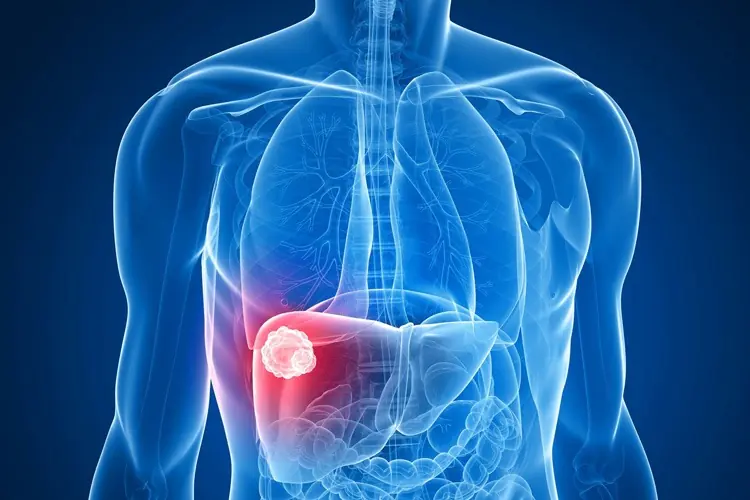
PANCREATIC CANCER NEEDS CATCHING EARLY. THE SIGNS AND SYMPTOMS TO LOOK OUT FOR

Woman diagnosed with stage four colon cancer warns people about 5 symptoms she ignored
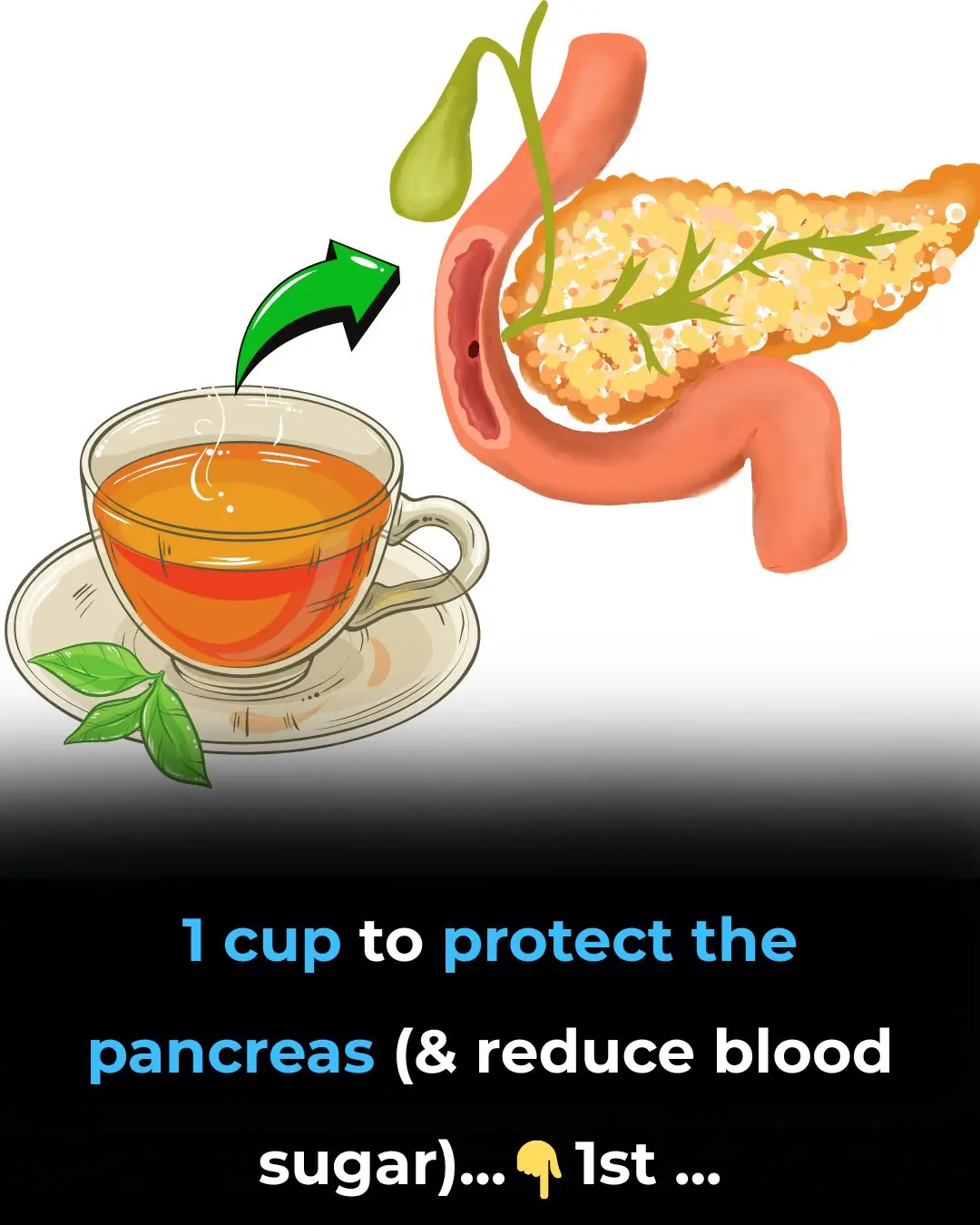
1 cup to protect the pancreas (and reduce blood sugar)

Eliminate Excess Water and Prevent Hand and Foot Swelling with These Effective Recipes

MARATHON RUNNER DIAGNOSED WITH TERMINAL CANCER URGES PEOPLE NOT TO DISMISS SMALL SYMPTOM HE EXPERIENCED

4 Powerful Foods That Naturally Boost Collagen and Repair Your Body from Within

Ugh, these so annoying

1 Teaspoon in Your Morning Coffee Could Stop Insulin Resistance Within Minutes

7 silent signs your heart could be in trouble – don’t ignore these!

Thyme Essential Oil Shows Promise in Killing Lung, Oral, and Ovarian Cancer Cells
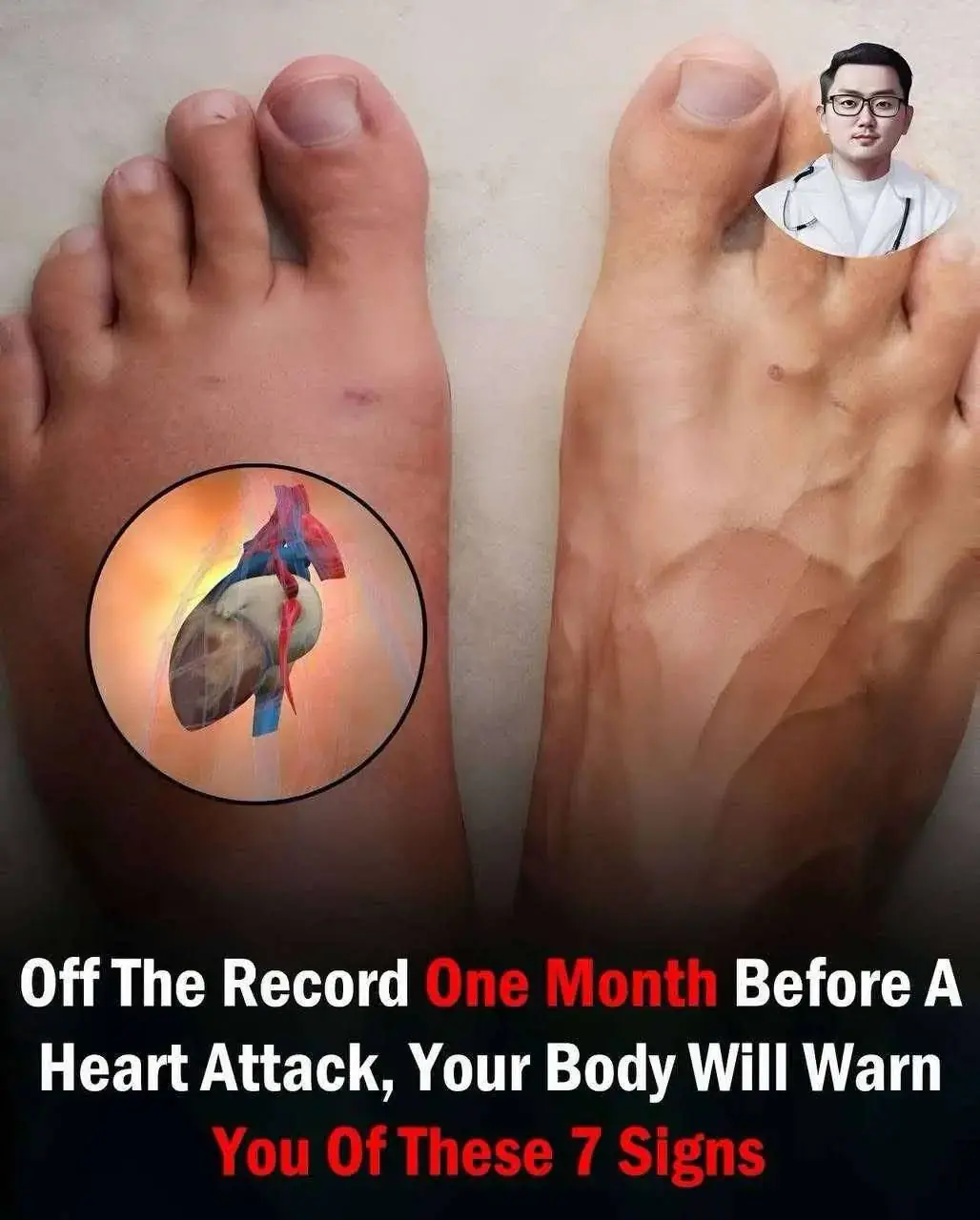
7 Warning Signs of a Heart Attack You Should Never Ignore
News Post

Rock Star’s Family Devastated As Common Symptom Leads To ER Visit And Aggressive Cancer Diagnosis

Tammy Slaton Shocks Fans With Stunning Weight Loss Photos—Inside Her Transformation

Doctors Feared Baby Had a Mouth Tumor—But the Real Cause Left Everyone Stunned

31-Year-Old Father Warns Others After Subtle Symptoms Lead to Colon Cancer Diagnosis

35-Year-Old Man Dubbed the “Modern Dorian Gray” Reveals His Unusual Secrets for Staying Youthful

7-Eleven Manager Allegedly Suffocates Employee During Shift—Victim Dies Days Later

Take This Before Bed — and Wake Up Transformed

The Ultimate Healing Tonic: A Powerful Natural Drink for Swollen Feet, Diabetes & Poor Circulation

Stop This Dangerous Habit Before Your Phone Explodes!

Women Who Age Quickly & Have Shorter Lifespans Often Do These 4 Things at Night — How Many Are You Guilty Of?
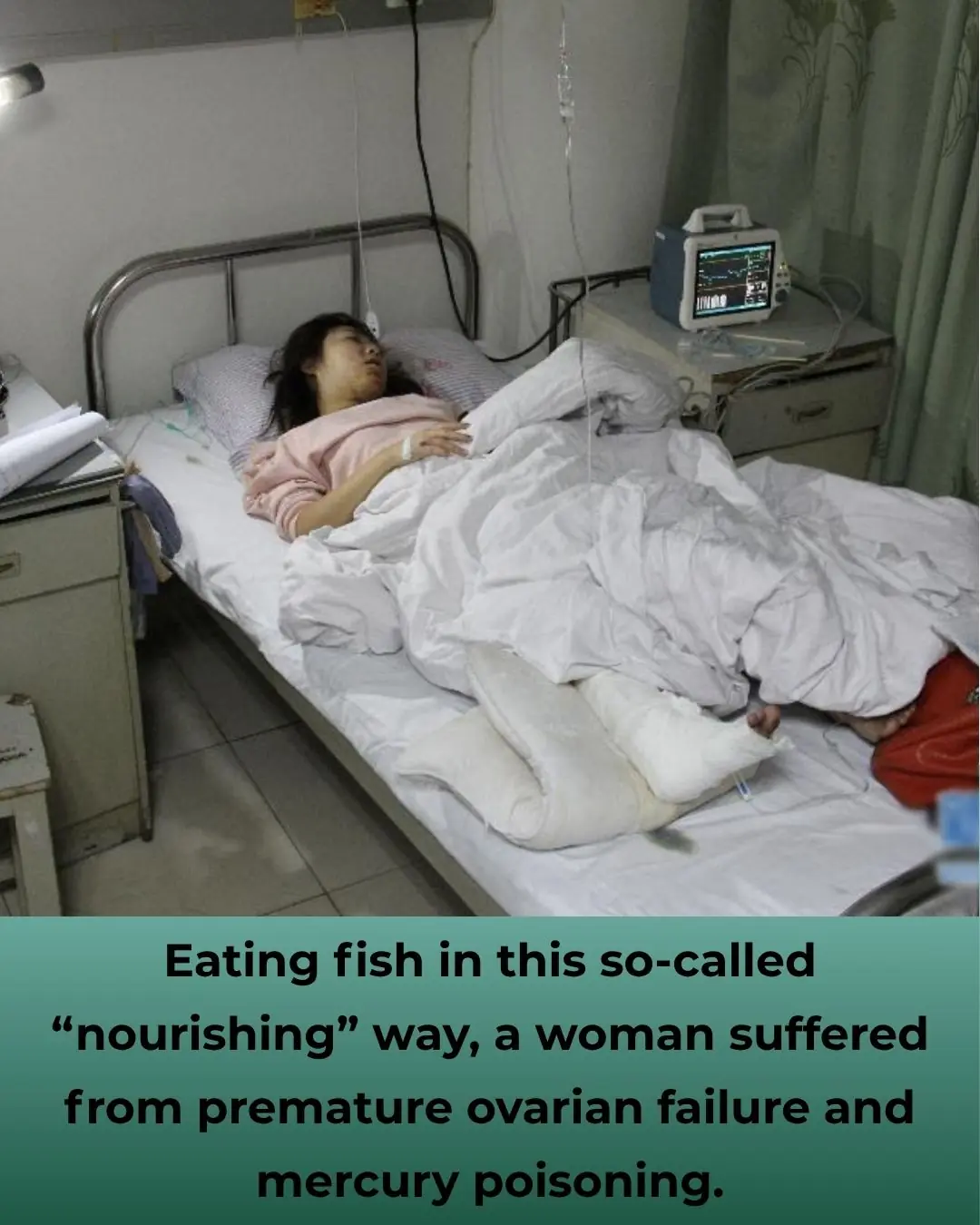
Eating Fish “for Ultimate Strength” — 30-Year-Old Woman Diagnosed with Premature Ovarian Failure, Body Full of Mercury

42-Year-Old Man Dies of Stroke Despite No Smoking or Alcohol — Doctor Warns: “How Dare You Eat This Every Day!”

“Doctor warns: 3 beauty habits you might think are harmless — but that could speed up cancer development!”
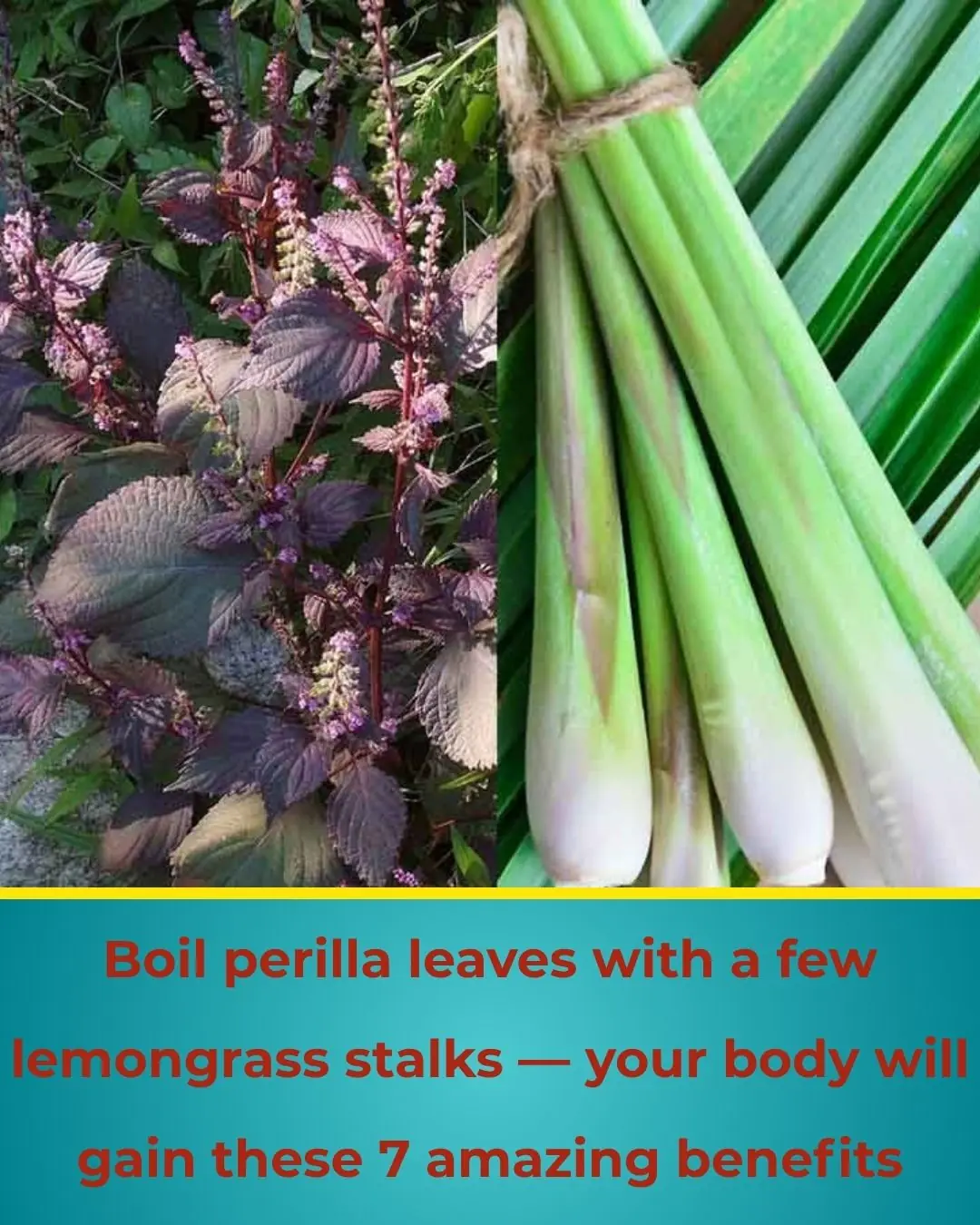
Boil Perilla Leaves with a Few Stalks of Lemongrass — Your Body Gets These 7 Excellent Benefits

Everyone Fears Diabetes — But Diabetes “Fears” These 5 Foods the Most

Objects That May Be Harming Your Health Without You Noticing

Drinking Plantain Leaf Tea: 5 Powerful Health Benefits for Your Body
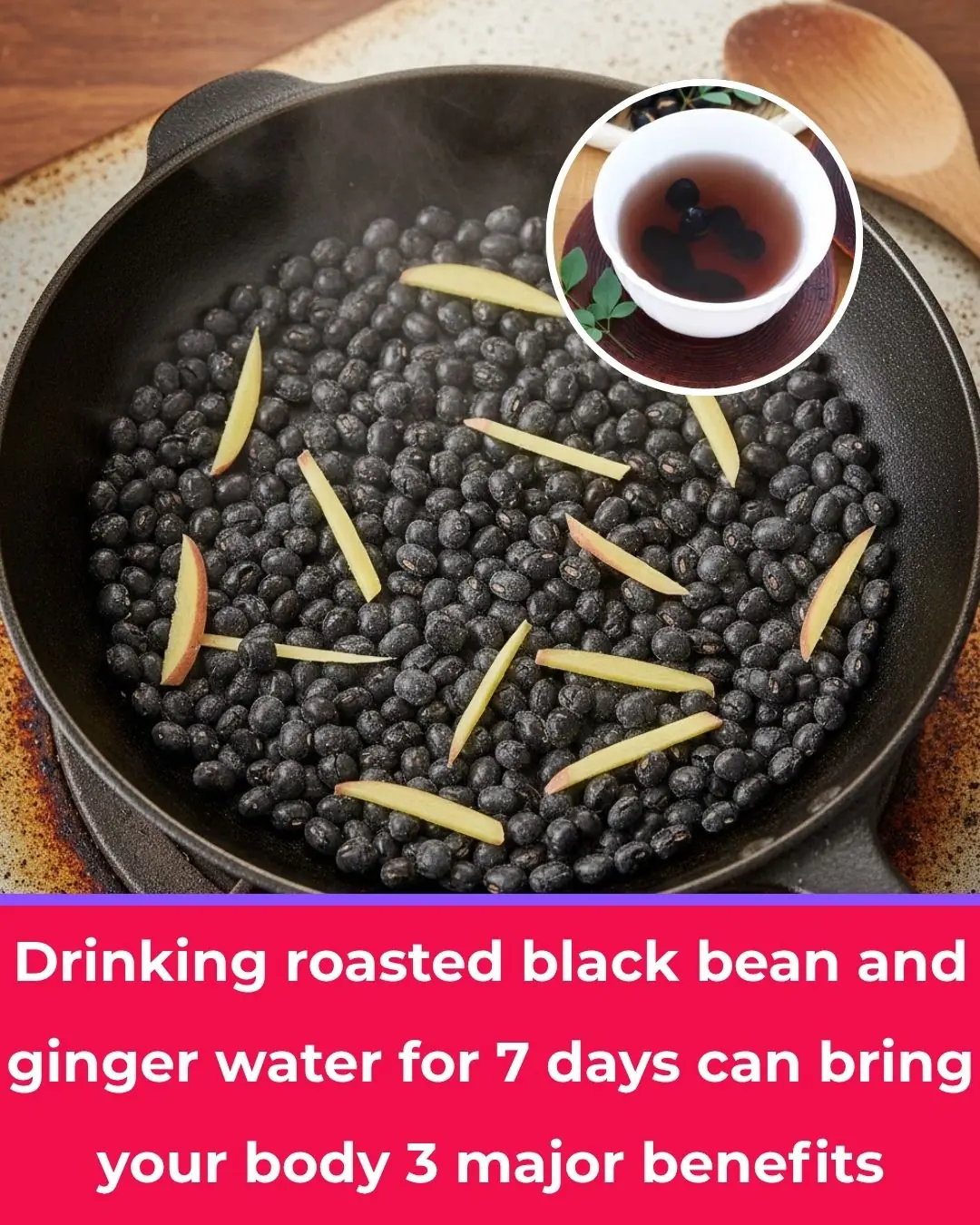
Drink Roasted Black Bean and Ginger Tea for 7 Days — Your Body Will Thank You with 3 Amazing Benefits
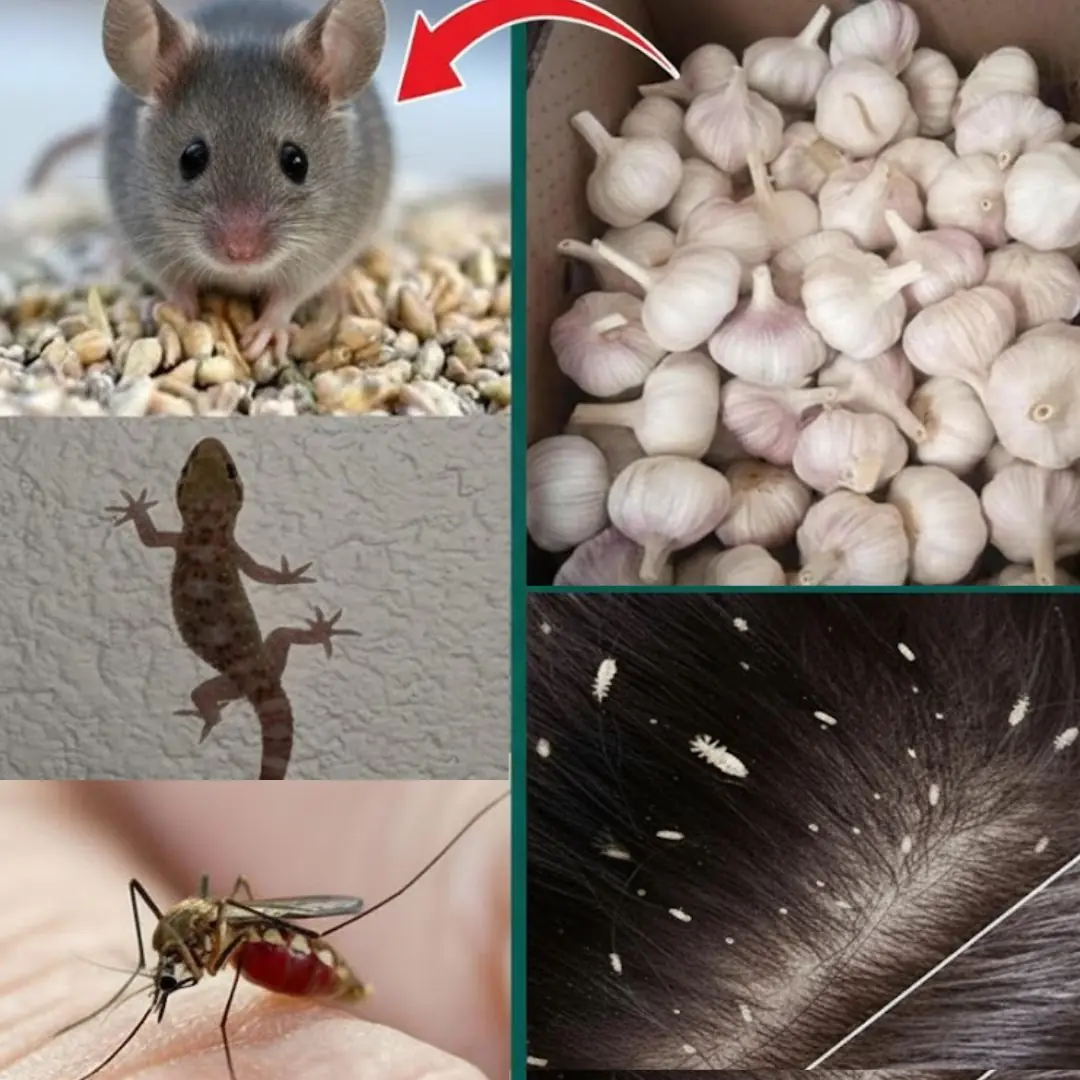
Garlic: The Natural Weapon Against Pests You Probably Forgot About
